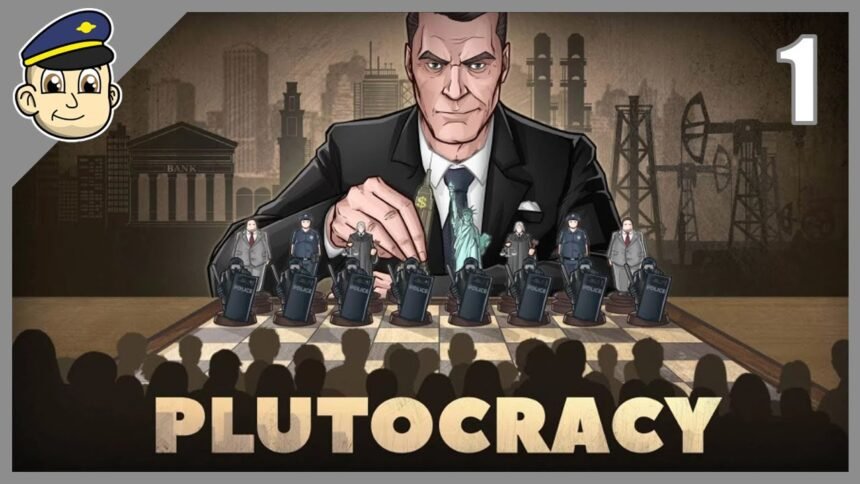Introduction
In a world where money talks, the concept of “plutocracy” has gained significant attention. This article delves into the heart of this intriguing topic, exploring what plutocracy means, its historical context, its implications on society, and the challenges it poses. Join us on this enlightening journey as we uncover the nuances of plutocracy.
Understanding Plutocracy
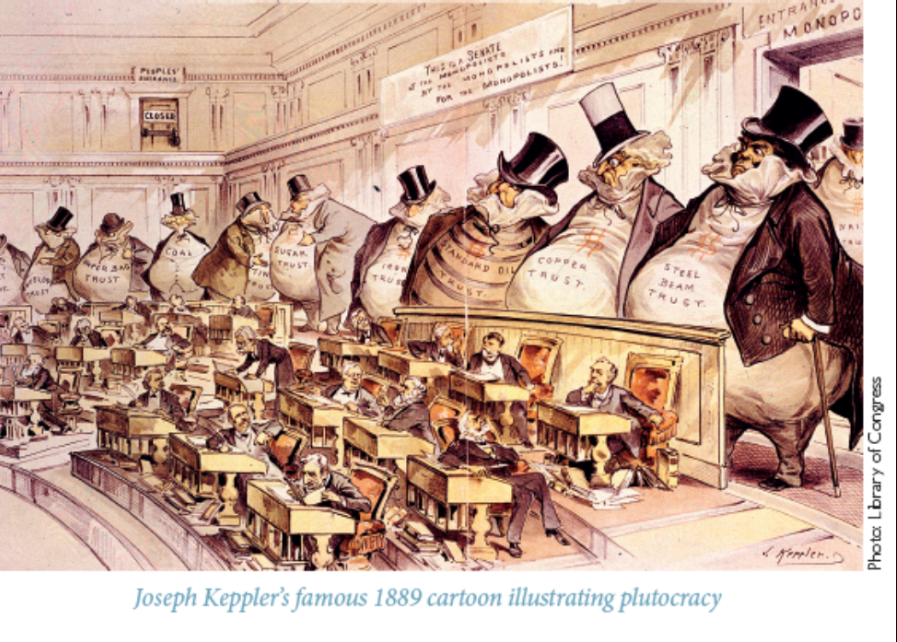
Defining Plutocracy
Plutocracy, at its core, is a system of governance where the wealthy elite hold disproportionate power and influence over political decisions and policy-making. In such a society, the rule of wealth prevails, often at the expense of the broader population.
Historical Roots
Plutocracy’s origins can be traced back to ancient civilizations, where affluent individuals and families exerted control over governments. These historical examples include the Roman Empire and medieval Europe, where the nobility held sway over common citizens.
Modern Manifestations
In contemporary times, plutocracy takes various forms, with financial moguls, corporate giants, and influential lobby groups wielding immense political clout. This influence extends to both developed and developing nations.
The Implications of Plutocracy
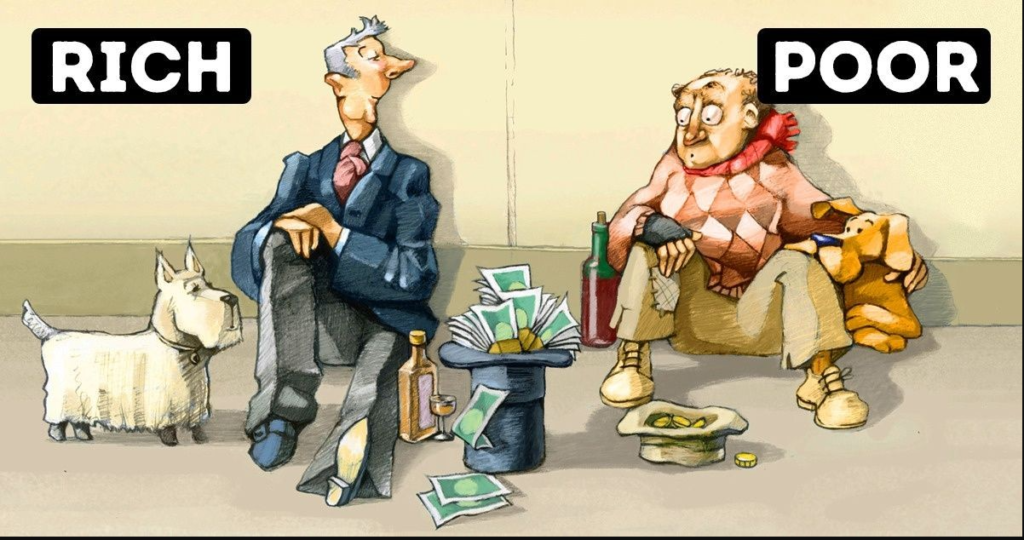
Socioeconomic Inequality
One of the most significant consequences of plutocracy is the exacerbation of socioeconomic inequality. The wealthy elite often push policies that benefit them, resulting in an ever-widening wealth gap.
Erosion of Democracy
Plutocracy can erode the fundamental principles of democracy, as decisions are made to favor the interests of a privileged few rather than the collective well-being of society.
Undermining Social Welfare
Public services and social welfare programs can suffer under plutocratic systems, as resources are diverted away from essential services to protect the interests of the wealthy.
The Challenges Ahead
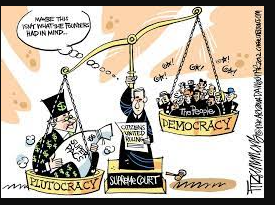
Combating Plutocracy
Addressing plutocracy requires comprehensive reforms that promote transparency, campaign finance regulations, and policies that prioritize the needs of all citizens.
Public Awareness
Raising awareness about the dangers of plutocracy is crucial. Educating the public about the impact of wealth-driven decision-making can lead to greater demands for change.
The Global Impact
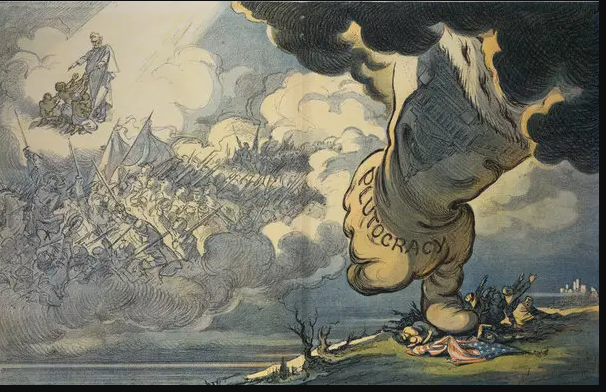
International Relations
Plutocracy doesn’t confine its effects within national borders. It can have repercussions on international relations, as wealthy individuals and corporations may influence foreign policy decisions to protect their interests.
Wealth Disparity Across Nations
The global economy is interconnected, and plutocracy in one nation can have a ripple effect on others. Wealthy individuals and corporations may exploit international tax loopholes, leading to a further divide between rich and poor countries.
The Role of Technology
Technology and Plutocracy
The digital age has brought new dimensions to plutocracy. Social media, for instance, can be manipulated to influence public opinion and elections, amplifying the voices of the wealthy.
Technological Solutions
Ironically, technology can also be a force for positive change. Transparency initiatives and online platforms can empower citizens to hold the wealthy elite accountable.
Striving for Equity
Grassroots Movements
Around the world, grassroots movements are emerging to challenge plutocracy. These movements advocate for campaign finance reform, lobbying restrictions, and greater transparency in political processes.
Political Leadership
Leaders who prioritize equitable policies and strive to reduce the influence of money in politics play a crucial role in combating plutocracy.
The Way Forward
A Call to Action
The battle against plutocracy requires collective action. It calls for a recommitment to democratic principles, campaign finance reform, and a reevaluation of the role of wealth in governance.
A Hopeful Outlook
While the challenges posed by plutocracy are daunting, history shows that societies can overcome such obstacles through resilience, awareness, and collective determination.
Conclusion
Plutocracy remains a complex and pervasive issue in the modern world. It’s a challenge that transcends borders and affects societies on a global scale. To ensure a more just and equitable future, it’s imperative that we continue to examine, discuss, and address the influence of wealth in our political systems. By doing so, we can strive for a world where governance truly serves the interests of all.
FAQs
1. Is plutocracy a new phenomenon?
No, plutocracy has historical roots dating back to ancient civilizations, but its manifestations have evolved over time.
2. How does plutocracy affect the average citizen?
Plutocracy can lead to socioeconomic inequality, reduced access to public services, and the erosion of democratic principles, impacting the well-being of ordinary citizens.
3. Can plutocracy be eradicated entirely?
While complete eradication may be challenging, measures can be taken to mitigate its effects through regulatory reforms and public awareness.
4. Are there any countries successfully combating plutocracy?
Some countries have implemented campaign finance regulations and transparency measures to reduce the influence of wealth in politics, showing progress in combating plutocracy.
5. How can individuals contribute to addressing plutocracy?
Individuals can participate in grassroots movements, support candidates who advocate for equitable policies, and engage in public discourse to raise awareness about plutocracy’s negative consequences
6. Can plutocracy lead to international conflicts?
Yes, when wealthy interests shape foreign policy decisions, it can lead to tensions between nations, potentially resulting in conflicts.
7. Are there any successful examples of countries reducing plutocracy’s influence?
Several countries have implemented strong campaign finance regulations and anti-corruption measures, which have shown promise in reducing the influence of wealth in politics.
8. What is the role of the media in combating plutocracy?
A free and independent media plays a vital role in exposing the influence of wealth in politics and holding the powerful accountable.
9. How can citizens engage with their governments to address plutocracy?
Citizens can contact their representatives, participate in elections, and join advocacy groups that work towards campaign finance reform and greater transparency in politics.
10. Is there hope for a future free from plutocracy?
While it’s a complex issue, history has shown that societies can make progress in reducing plutocracy’s influence when there is a collective commitment to democratic values and equity.







